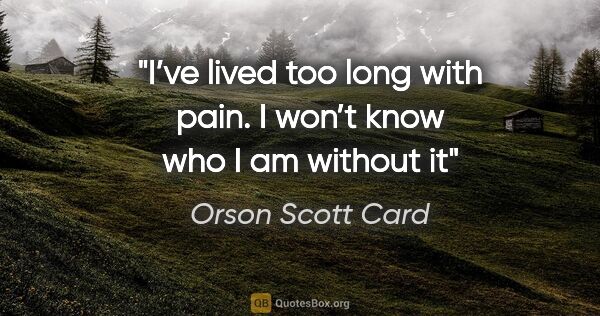Knowing Quotes (page 355)
We, and I think I'm speaking for many writers, don't know what it is that sometimes comes to make our books alive. All we can do is write dutifully and day after day, every day, giving our work the very best of what we are capable. I don't that we can consciously put the magic in; it doesn't work that way. When the magic comes, it's a gift.
Madeleine L'Engle
I would like to carve my novel in a piece of wood. My characters—I would like to have them heavier, more three-dimensional ... My characters have a profession, have characteristics; you know their age, their family situation, and everything. But I try to make each one of those characters heavy, like a statue, and to be the brother of everybody in the world.
Georges Simenon
You know, they ask me if I were on a desert island and I knew nobody would ever see what I wrote, would I go on writing. My answer is most emphatically yes. I would go on writing for company. Because I'm creating an imaginary? it's always imaginary? world in which I would like to live.(Interview, The Paris Review)
William S. Burroughs
I wrote to find beauty and purpose, to know that love is possible and lasting and real, to see day lilies and swimming pools, loyalty and devotion, even though my eyes were closed, and all that surrounded me was a darkened room. I wrote because that was who I was at the core, and if I was too damaged to walk around the block, I was lucky all the same. Once I got to my desk, once I started writing, I still believed anything was possible.
Alice Hoffman


Let us labor for an inward stillness--An inward stillness and an inward healing. That perfect silence where the lips and heart. Are still, and we no longer entertain. Our own imperfect thoughts and vain opinions, But God alone speaks to us and we wait. In singleness of heart that we may know. His will, and in the silence of our spirits, That we may do His will and do that only
Henry Wadsworth Longfellow
Happiness in marriage is entirely a matter of chance. If the dispositions of the parties are ever so well known to each other or ever so similar beforehand, it does not advance their felicity in the least. They always continue to grow sufficiently unlike afterwards to have their share of vexation; and it is better to know as little as possible of the defects of the person with whom you are to pass your life.
Jane Austen

